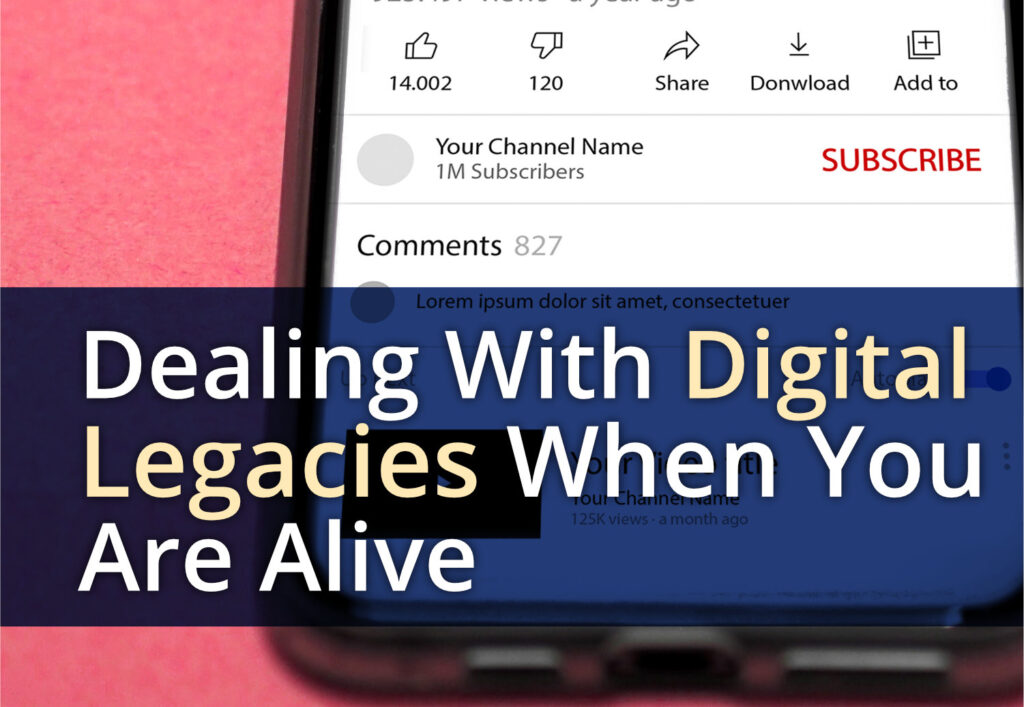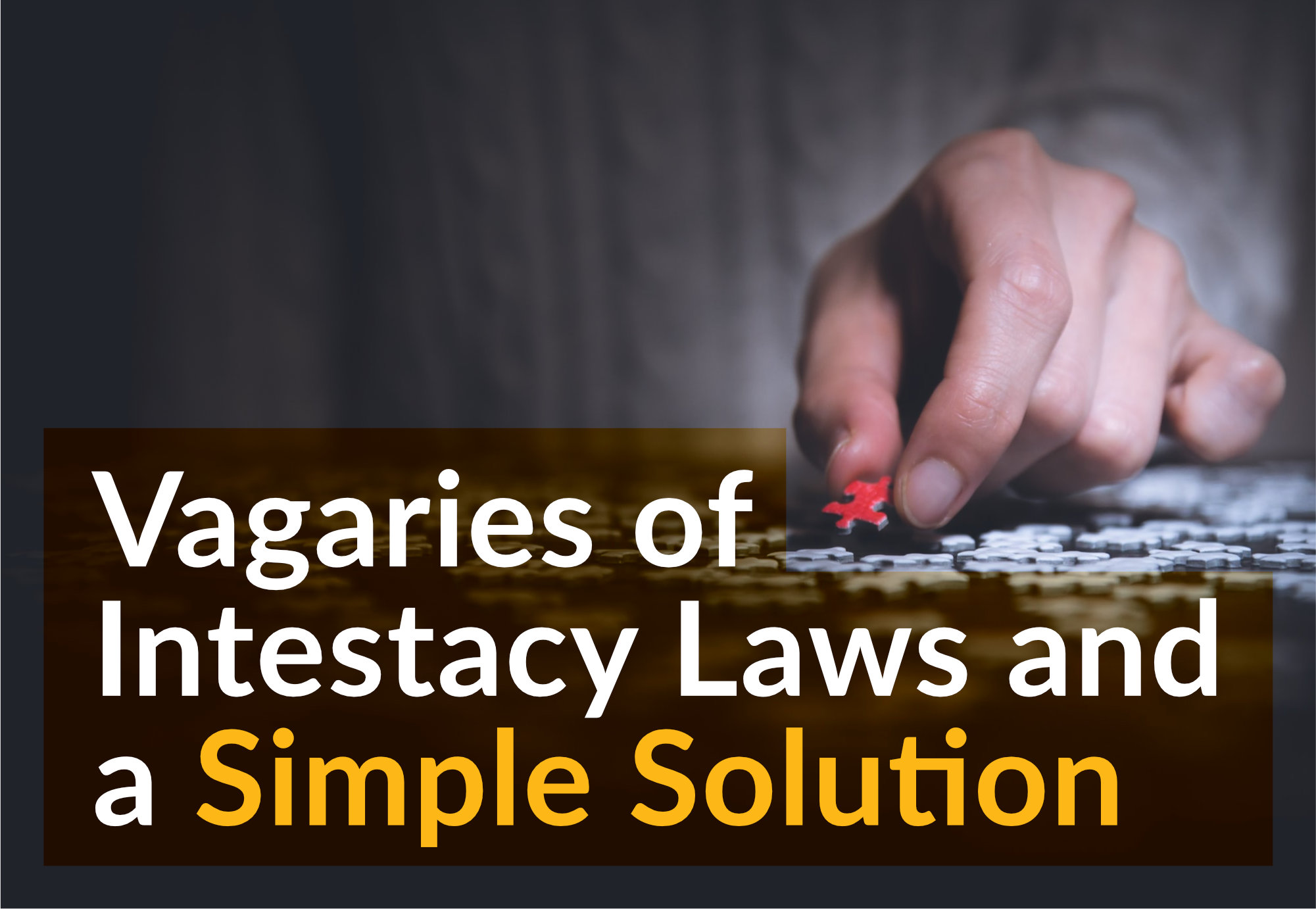Digital assets can be difficult to track by those entrusted with the responsibility of having to deal with them in the event of death. If a person’s will does not address the treatment of digital assets, the default position is that they form the intangible property of the estate that is also to be administered.
For any individual, ensuring access to digital assets once you are gone is the key. These assets are normally accessed via an online account and include things such as digital photos, digital music tracks or videos that are stored online and accessed by logging into a personal account with the provider. If you were to die, your loved ones may not be able to access your accounts, documents and photographs.
Without access, the executor of your will may find the prospects of administering such assets quite daunting. Unlike traditional assets, accessibility of digital assets largely depends on the executor having all the relevant passwords for access. Without passwords, such digital assets could be beyond reach.
It would thus be sensible for you to make a list of all digital assets and liabilities you hold in online accounts together with a list of logins and passwords. You should store the list as a hard copy in safe but accessible place, and keep it up to date. You should make your estate planners aware of the list and where it is stored.
It is equally important to secure access to your laptops, PCs, mobile phones and any household devices. Make a note of login details and passwords to make it easier for your executor to access. For example, Apple has strong safeguards to protect data, which could mean that it is impossible for your executors to unlock an Apple device without the login and password.
Problems with leaving no information on your digital assets
After sorting accessibility in the event of your death, it is important to review your digital assets and clarify what happens to them. You could use an online service such as GoodTrust or any equivalents to help you do this. You may not be the type that likes to organise and order your digital assets, and outsourcing this activity might be a viable option.
Whoever does this for you, it is important that you identify and clarify any areas in your digital legacy that have potential for causing disputes among your loved ones in the event of your death. For instance, if you trade cryptocurrencies, this may be an area where disputes could occur. It therefore makes sense to make plans to enable your executors to access and manage your digital assets after your death. It should be an ongoing process during your lifetime as you accumulate more digital assets.
The big headache for the executor of your will is that you leave no information at all to anyone in relation to your digital assets. Their existence may not even be known. All those digital photos and videos taken with your smartphones over the years will never see the light of day.
In another scenario, if a family member had access to and control of your bank accounts, there is potential for disputes in the event of your death. The question would arise about whether you wanted that family member to solely retain the benefits associated with the digital assets rather than treating those assets as part of your whole estate.
Note: In our next article, we will present a case study of PreceptGroup’s approach for the succession of digital assets










